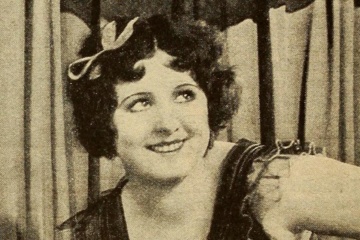Dislike
Starring: Frances Dee, Gene Raymond, Alison Skipworth, Nigel Bruce, Harry Green, Gilbert Emery, Marjorie Gateson, Phillip Trent, Jessie Ralph, Germanine De Neel, Paul Porcasi, and Jean De Briac
Directed by: John G. Blystone
Released by: Fox Films
Runtime: 79 minutes
Release date: March 9, 1934
Availability
Coming Out Party was released by Fox Films, putting it now under the Disney umbrella. Unsurprisingly, between building Star Wars hotels and Avatar pagodas, they seem uninterested in re-releasing this onto home media. It can currently be found streaming at several bootleg sources.
Proof That It’s Pre-Code
- “You do know so many grand words.”
“Including some you shall not be privileged to hear– after having served in the British Army…”
- Just some wild drunk driving in this one.
- Premarital pregnancy!
Coming Out Party: Spoiled Soiree
“Why do I have to be launched like a battleship, with champagne, and bands and crowds cheering and things?”
I had to check, but, yes, debutante balls are still a thing. I don’t know how familiar post-Millennial generations are with the tradition– god knows I learned about it on an episode of “The Critic”, which is where I learned about most everything anyway– but to summarize, it’s a big party with the social register in attendance, ties and tails, white dresses and long gloves, and the stench of old money crowding out everything else.
Not totally unsurprising that debutante balls, or “Coming Out Parties”, would get slapped on the silver screen as some kind of “Keeping Up With the Kardashians” for the Golden Age set. The fashions and music are fab, and some of the direction is nice, but the movie Coming Out Party is just kind of a slog, like a shindig well past its expiration date.
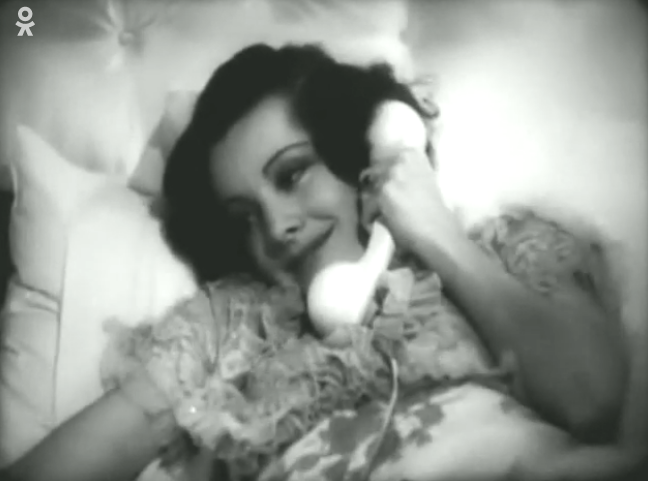
So we have Joy (Dee). Joy is about to go through, what the newspaper headlines show us, will be a blockbuster coming out party. However, she is obsessed with Chris (Raymond), a poor violinist who is determined to make it big so he can be on the same social level as her. Wrenches are thrown into this a-plenty, from Joy’s social-climbing mother to her yacht-fascinated father to Jimmy (Trent), an upperclass drunkard who is down for whatever, especially laying chorus girls. And it’ll all come down to that big debutante ball, where her entire future will be determined.
There’s a lot of fat on Coming Out Party— not sure why. That includes segues to an orchestra agent’s office where we just get some people shitting on bagpipes. Like, making fun of the instrument, not the other thing. (Don’t be absurd.) Alison Skipworth, who plays the gold digging social secretary masterminding the debut, gets a few wicked lines as she shakes down various vendors for money. When asked if she’s been getting into trouble, she snaps, “I do not get into trouble; I merely experience annoyances!” That’s worth maybe a smile. Some of the other character actors like Harry Green and Nigel Bruce do some bits that may have once been considered comedic as well.
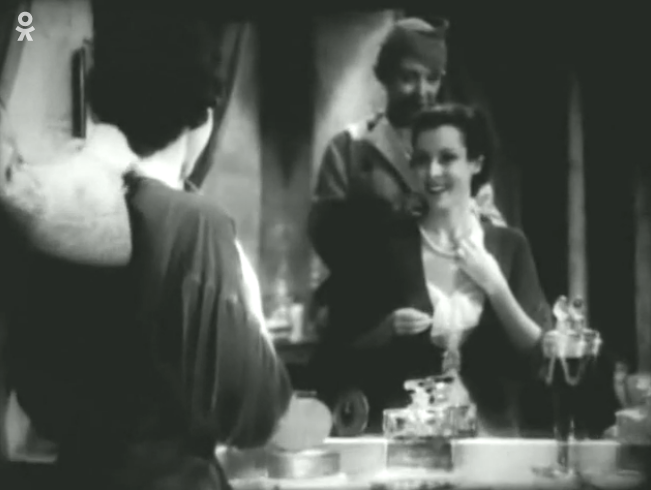
Several minutes are devoted to Dee just receiving guests at her party. It seems to really have lost the plot by the time the titular coming out party rolls around as we are apparently stuck with a 20 minute sequence where Dee is just going through the motions at her gala. Not particularly compelling stuff, and I have to imagine it was put in so that, even as we suffer through this dramatic lull, at least the people in the audience gets a taste of what a real deb ball feels like.
Besides the film’s weird, unfocused structure, we also have to talk about Gene Raymond, who is always ‘okay’ at best, and here is not at his best. Gene Raymond spends most of the movie being unhappy in whatever room he ends up in, which is especially odd considering most of the time he just shows up in places he has no business in just to increase dramatic tension. Stop walking into random places at the exact wrong moment and your life will be so much better! (This advice could also probably apply to anyone, but still.)
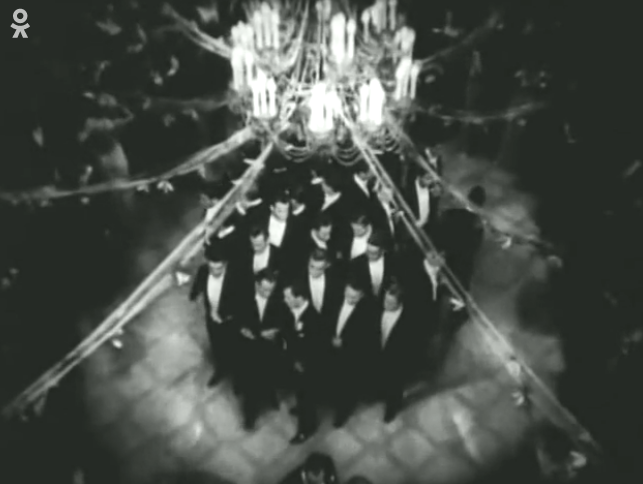
Much of Coming Out Party is played like an intense drama with comedic moments sprinkled pointedly within, but it’s extremely lopsided. The rich girl in love with a poor man plot has been done to death, and there’s no interesting twists on it here. It doesn’t work. I don’t care. This is another film of the era obsessed with a mixture of romantic hooey and woman’s supplication. It all works out in the end– by that I mean a trio of men sit in a room and decide what the best path forward is for Joy, which is as thrilling and empowering as it sounds.
Coming Out Party is probably just for Frances Dee completionists. Which, hey, more power to you. I think I’ll stick with Finishing School.
More Images
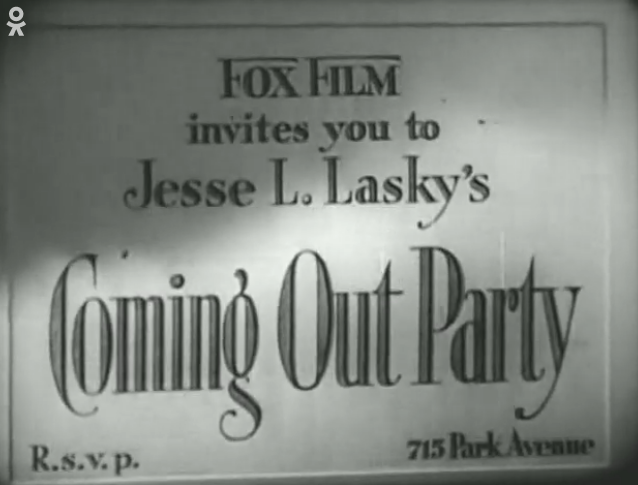
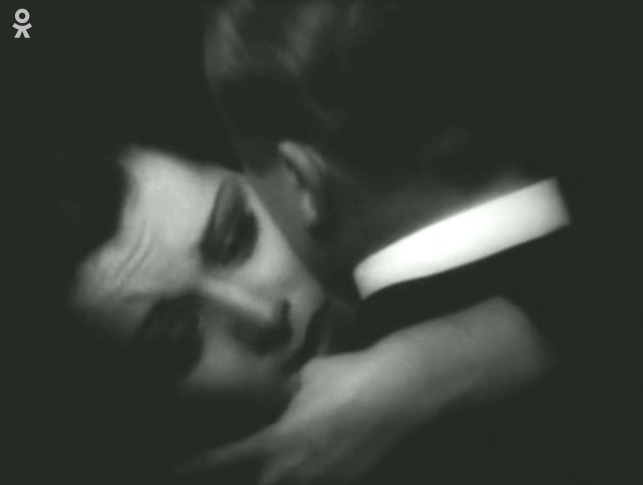
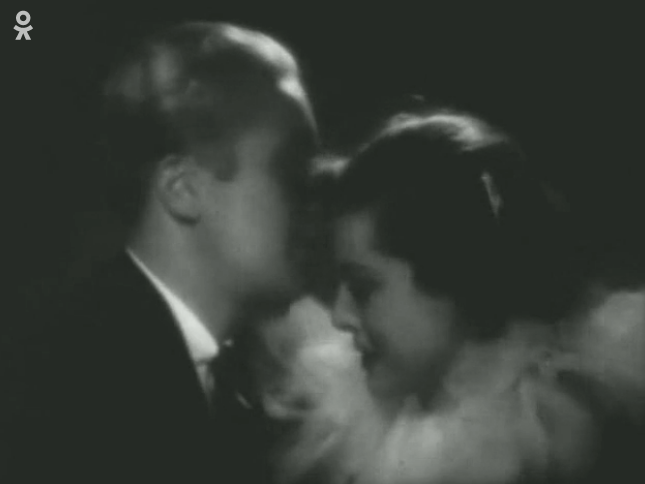
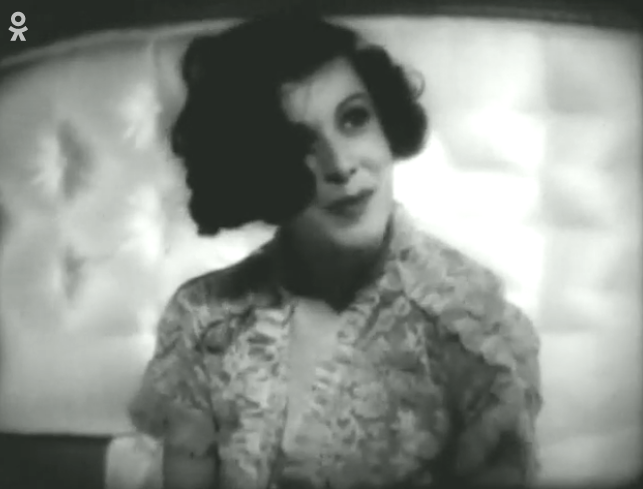
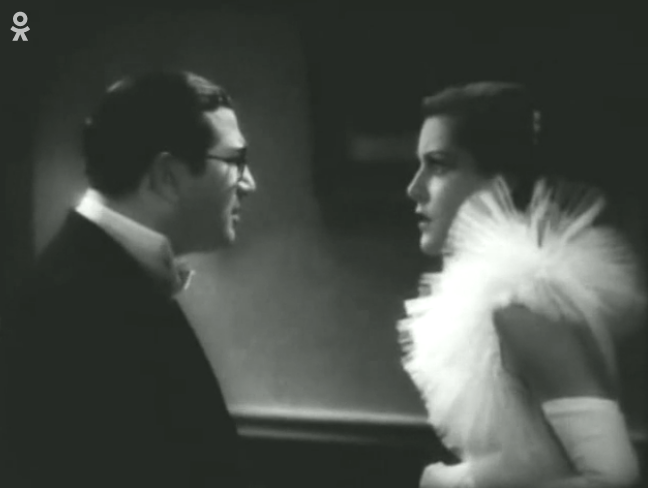
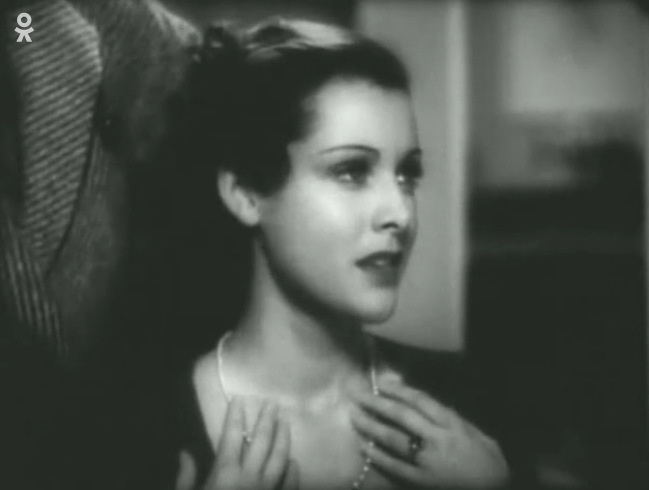
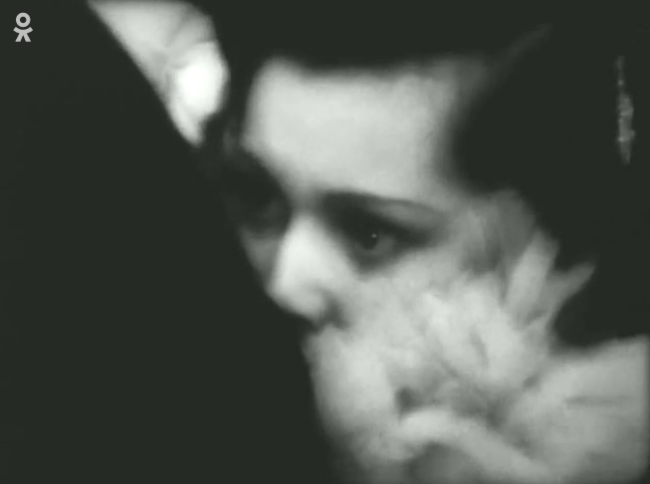

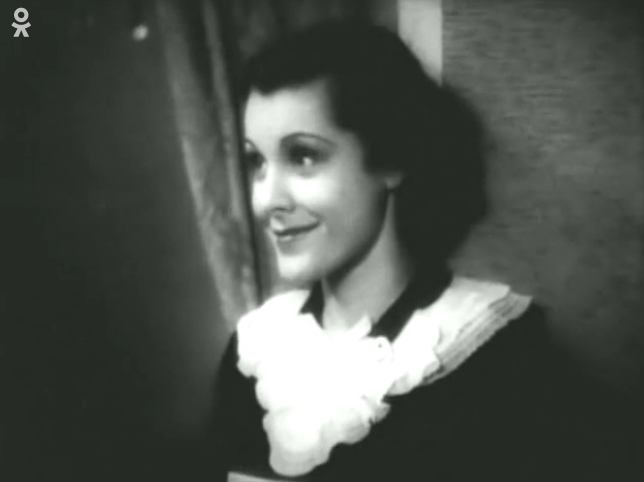
Trivia, Miscellany & Links
- Joy has a small black dog named Emperor Jones, which is, as the kids used to say, is quite problematic! Matched with a weird ‘joke’ where they laugh at the idea of drowning their daughters at birth when girls are born just like the Chinese, and this one may not make you feel very clean.
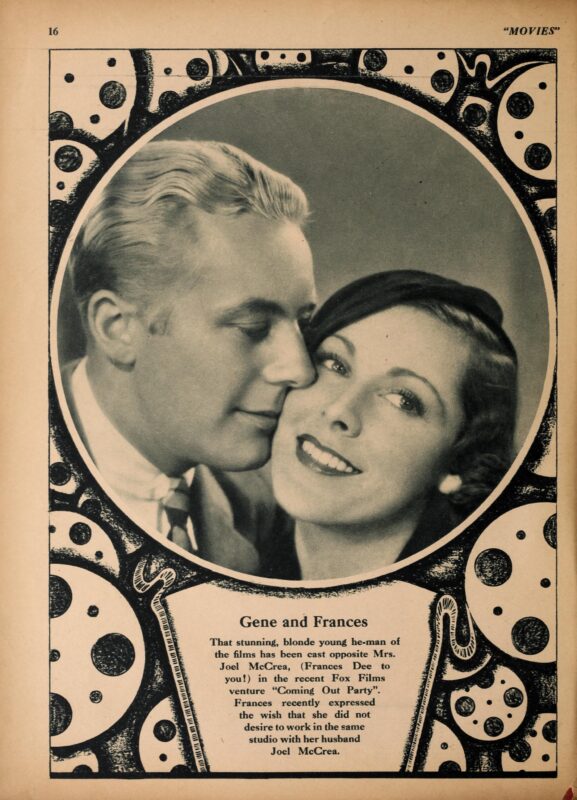
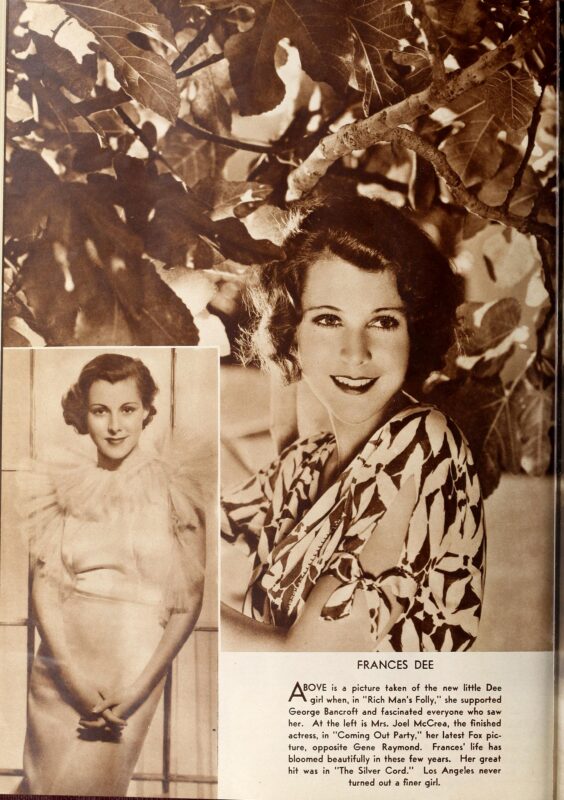
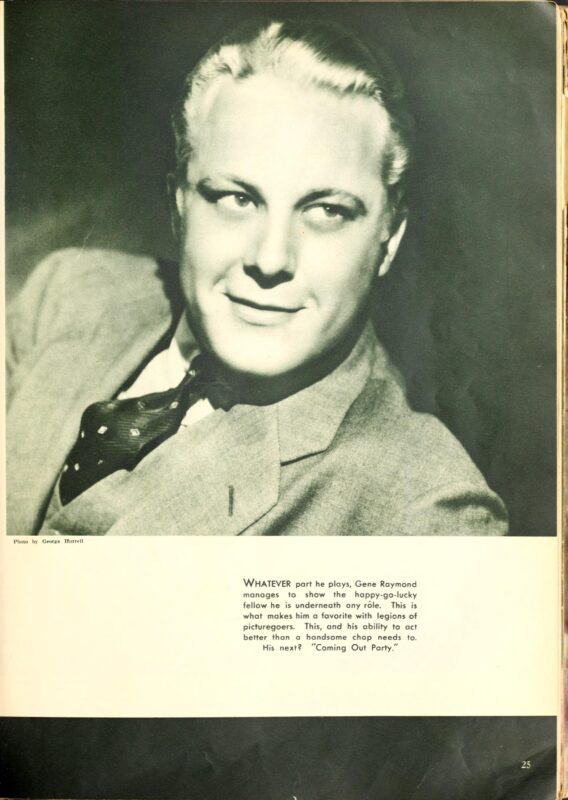
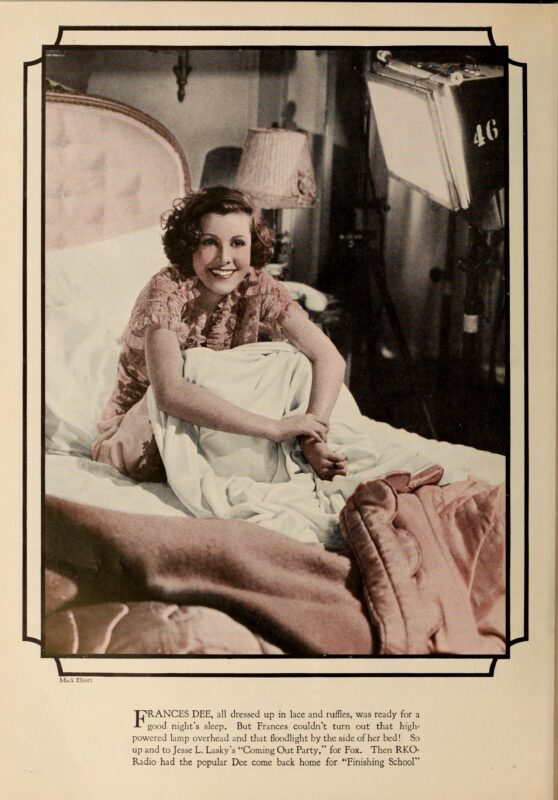
- Gene Raymond’s character is named “Chris Hansen”, which will ring a bell to Americans who used to enjoy running ‘To Catch a Predator’ on Dateline. It made me curious, but don’t worry– Gene Raymond and Frances Dee only have a single year age difference in real life.
- Some contemporaneous reviews: Modern Screen gave it a ‘B’ heavily praising Dee, Film Daily calls it ‘mild’ and ‘muddled’, and Motion Picture Reviews calls it ‘delightful’.
- Not to spoil too much… but I wonder if the butler got his job back?
- Further links:
What is Pre-Code?
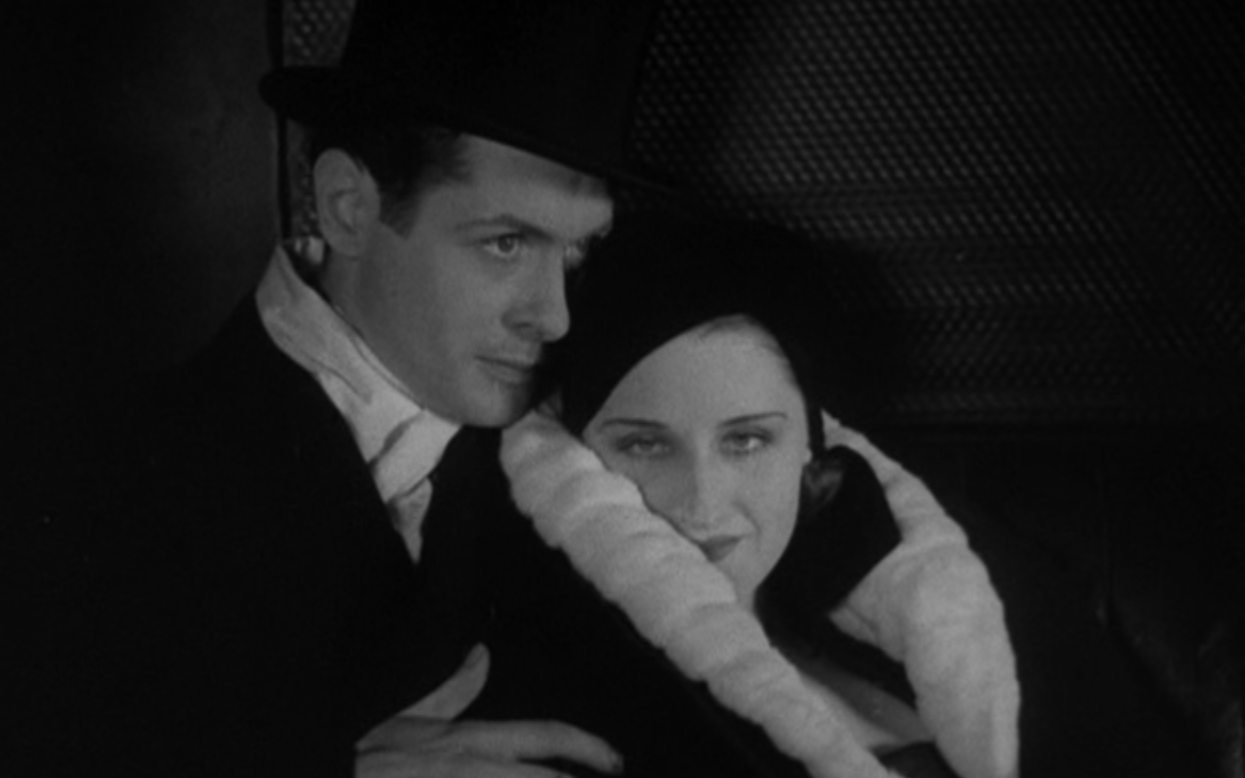
Click to learn more about pre-Code Hollywood, 1930-4, when movies were sexy, smart and sophisticated.
Index of Film Reviews
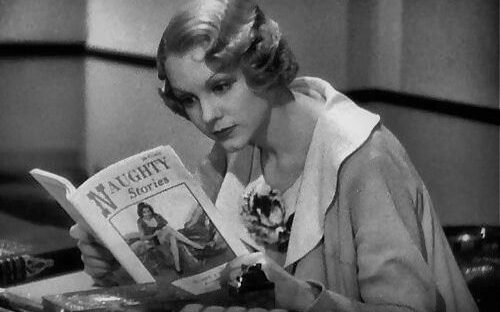
Browse all of the movie reviews on the site as well as schedules and pages that detail the world of pre-Code.
Explore the Pre-Code Era
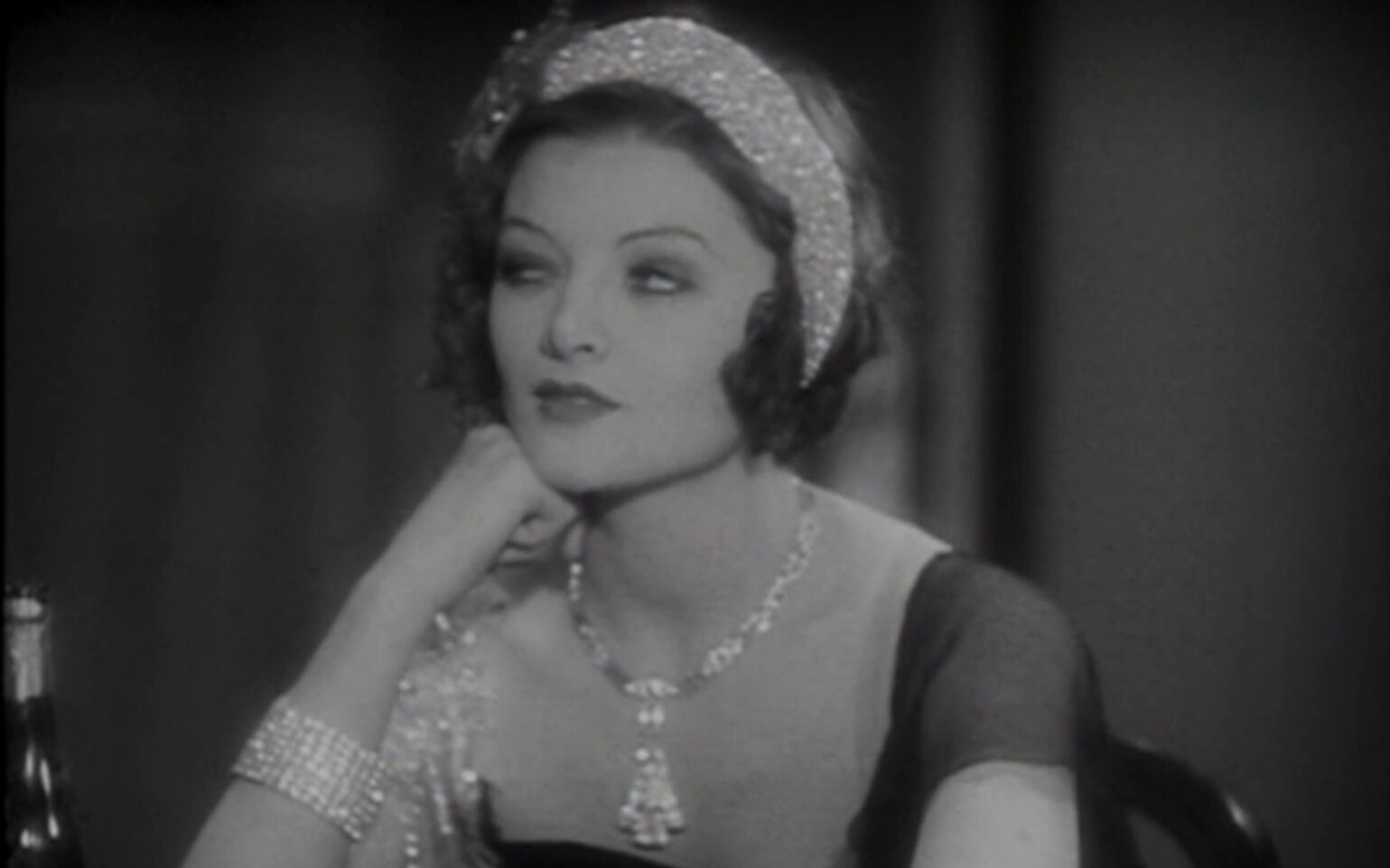
Dig through the pre-Code era through its highlights, its biggest hits, its essential films, and more.


